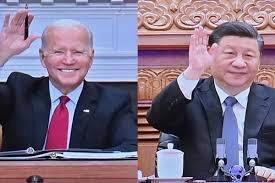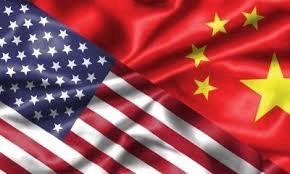The Monday night virtual discussion between President Biden and his counterpart President Xi was wide-ranging extending over three hours. Topics reviewed included Taiwan, human rights, and cryptocurrency. Although the Phase One Trade Agreement of January 2020 was raised, no definitive decisions emerged from the bilateral meeting attended by top advisors and cabinet members on both sides.

It is comforting to observe that at least the leaders of the two nations are talking and that China watchers are parsing and evaluating post-discussion statements by officials in positions of responsibility in China. Agricultural groups including the American Soybean Association are urging for pressure to be placed on China to comply with the requirements of the Phase One Trade Agreement and negotiating a possible Phase Two Agreement when the current pact expires at the end of 2021.
Statistics estimate that China has only complied with 60 percent of the predicted value of negotiated imports. This is understandable given the slow start to trade in 2020 given COVID lockdowns. In effect, China has exceeded purchases of corn and is close to target on soybeans.

In a recent interview, U.S. Trade Representative Ambassador Katherine Tai counseled for moderation in dealing with China. As a Mandarin speaker and temporary student in China, she understands some of the concerns expressed by President Xi including the need for recognition as an equal partner in the World economy. China wishes the U.S to be less aggressive on sensitive on "internal issues" such as Hong Kong and the treatment of Uyghurs. Unfortunately, these concerns will in the short term, take precedence over agricultural trade.
At the end of the day China will purchase what it needs and will continue to pursue policies that are beneficial to their economy. Requiring them to refrain from industrial espionage, countenancing breaches of cyber security and activities that almost rise to the status of cold-war tactics will only be resolved, if ever, over the long term.